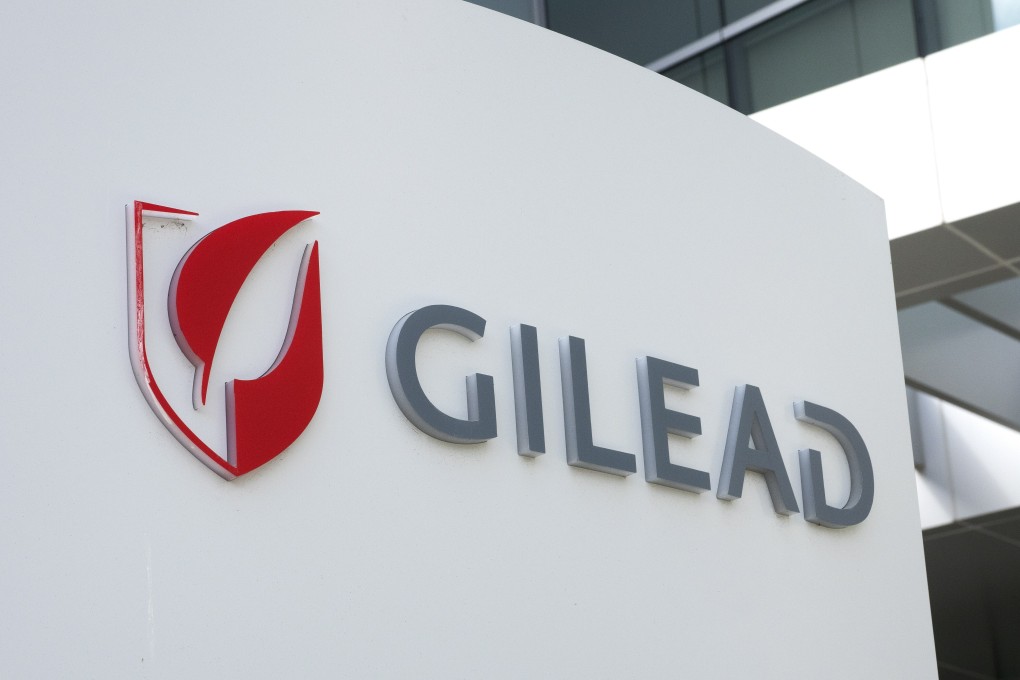Coronavirus: US approves use of remdesivir for treating Covid-19 despite WHO doubts
- Drug, sold under the brand name Veklury, approved for hospital use in adults and children aged 12 and above
- WHO’s Solidarity trial, spanning 30 countries, found the drug had little effect on mortality, reducing the length of hospital stays or need for a ventilator

Following an emergency use authorisation (EUA) issued on May 1, the drug, sold under the brand name Veklury, was approved for hospital use in adults and children aged 12 and above, the US Food and Drug Administration (FDA) said on Thursday.
The EUA was altered to allow for continued access for children weighing at least 3.5kg (7.7 pounds) but not more than 40kg, or hospitalised paediatric patients under 12 and weighing at least 3.5kg. Clinical trials assessing the safety and efficacy of Veklury in the paediatric patient population were ongoing, the statement said.
An EUA refers to the practice by which unapproved medical products or unapproved uses of approved medical products are permitted in emergency situations.
The FDA said the approval was based on analysis of data from three clinical trials using people with mild to severe symptoms.